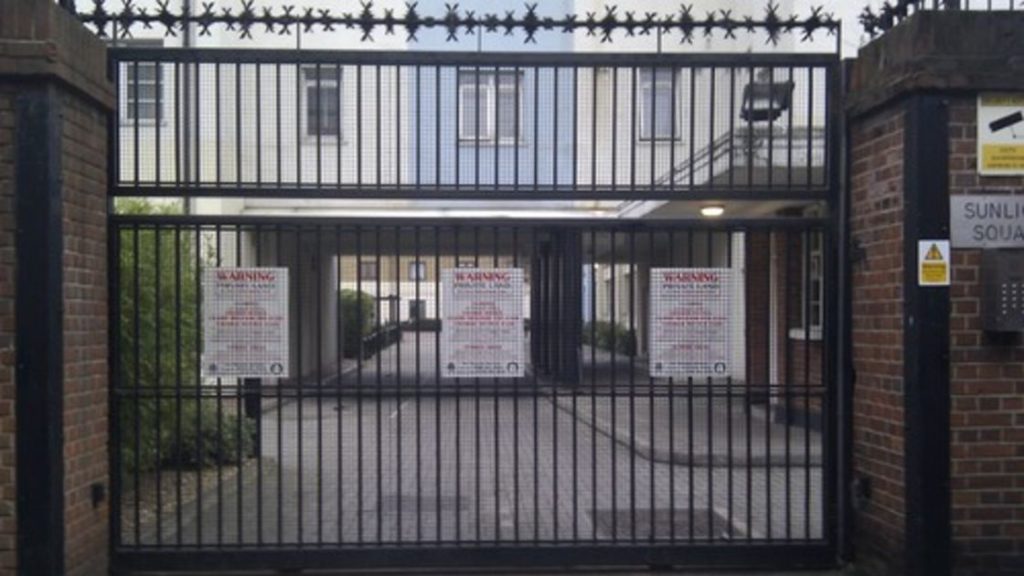
The City as Social Network
The Internet is going to save us all.
Or some would have us believe…
Urban life is increasingly being defined by technology. But then again it always has. The exurban sprawl of the great American (non) cities built for the motorcar. The civic monuments to capital of the North if England, secular cathedrals to the dark satanic mills. Defining tools have shaped our environment, built it, formed it, transformed it and deformed it.
There are two defining features of our current Urban environment, the Internet and surveillance culture (isn’t that one featured? Ed. (Snowden). Between them, they are killing the city as we know it.
The city is the original social network. Economic realities drove most of the last 13,000 years of civilisations push towards urban living, particularly during the worlds industrialisation and after, but what it created as well as a concentrated workforce for the factories was the first social networks. The move to cities created zones of free exchange, where information travelled as fast as the speed of sound. It widened gene pools, allowing people to find partners that weren’t their cousins. It brought wider competition, co-operation and collaboration, creating new ideas, inventions and intrigues. Urbanisation started revolutions and undermined religions. Driving all this is one key idea, the thought in which the power of cities lie- it is the reason that despite the pollution, the lack of space and the expense people flock to them- Serendipity.
The concentration of so much difference creates a space for the unexpected- rubbing along so closely with a panoply of other creates sparks. It is the connective tissue that links the Roman Forum and Greek Agora to Speakers Corner and Leicester Square. And it is this same cord that is being cut while we sit glued to our smartphones.
Web evangelists will tell us that the world is shrinking and that we are now all connected- one global village. Social networking gives us the proximity of the polis with global reach. We exchange ideas tout tweet with Lagos and La Paz. But both us and our neighbours are narcissists, recycling the same stale thoughts in an intellectual echo-chamber with all the fresh theoretical air of plane cabin at the end of a long-haul flight. Those we friend or follow are on the most part flattering reflections of pieces of ourselves- rather than holding a mirror to the world, we hold one to ourselves. Same school, or same university or same political affiliation or hobby, the wider our reach the narrower our encounters- as paralysed by choice we return again and again to the same 2 news sources, or the same 3 blogs or the same 5 sites. The links that get shared with us come from those who share our privileges (or lack thereof) and also share our prejudices
The internet is an inferior alternative to the city as a truly powerful social network- it is a useful auxiliary, but lacks that one thing that the built urban environment has- Serendipity.
At the same time, Serendipity is being removed from our cities. Gated communities, CCTV and privatized public space are undermining what made cities so powerful while we settle for an inferior alternative. Local pubs close and we pick partners based on their proclivities through Match.com rather than locking eyes across the bar. New developments gate nervous yuppies into identikit flats in Canary Wharf, fenced off from the deprived wards of the Isle of Dogs and Poplar. CCTV culture makes us wary of strangers on a street at night, whereas human company in fact means safety. We have never lived in a safer time, yet perceptions of criminality has been increasing steadily- those with the highest security dwellings are the most fearful and believe it has worsened the most. New ‘quarters’ create branded zones in towns which give the illusion of public space, but manned by high profile logo-ed security guards, these areas are blanded, with the high-viz brigade moving on anyone who doesn’t conform to the profile that that fits their area’s image. The chance of the unexpected is being systematically removed from the built environment at a time when we need it most. Cities have never been less genuinely creative or more lonely.
We pay a vast premium to live in these cities, yet so many of us choose to shut ourselves off from so much of what they offer, staying within the comfort zone of an inferior alternative, rather than using it as an auxillary it to agitate for public space, mixed zoning, social housing.